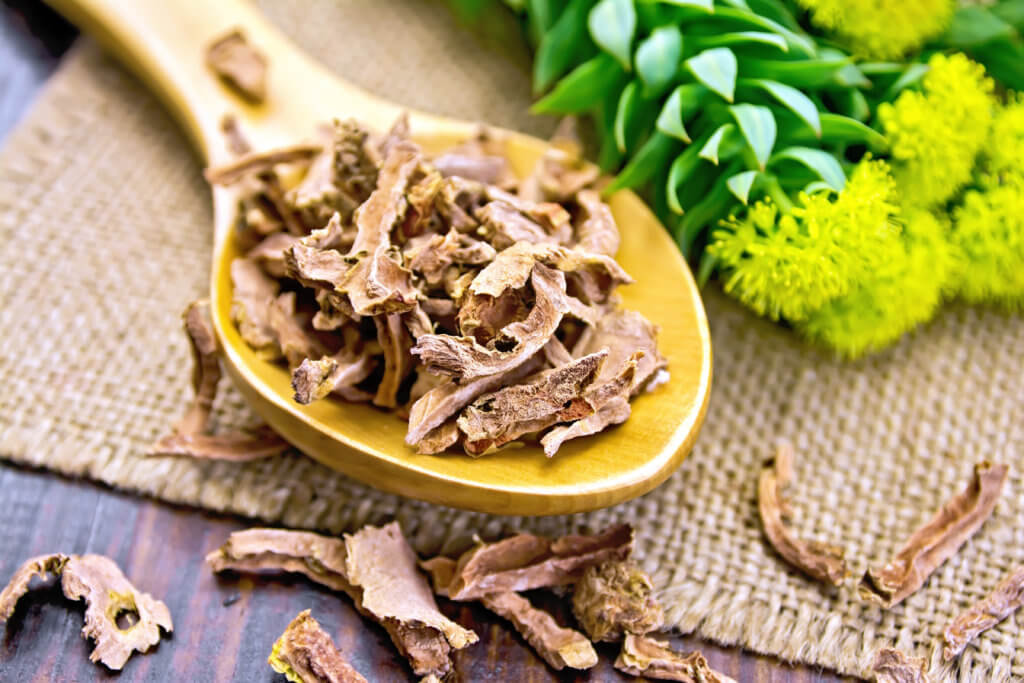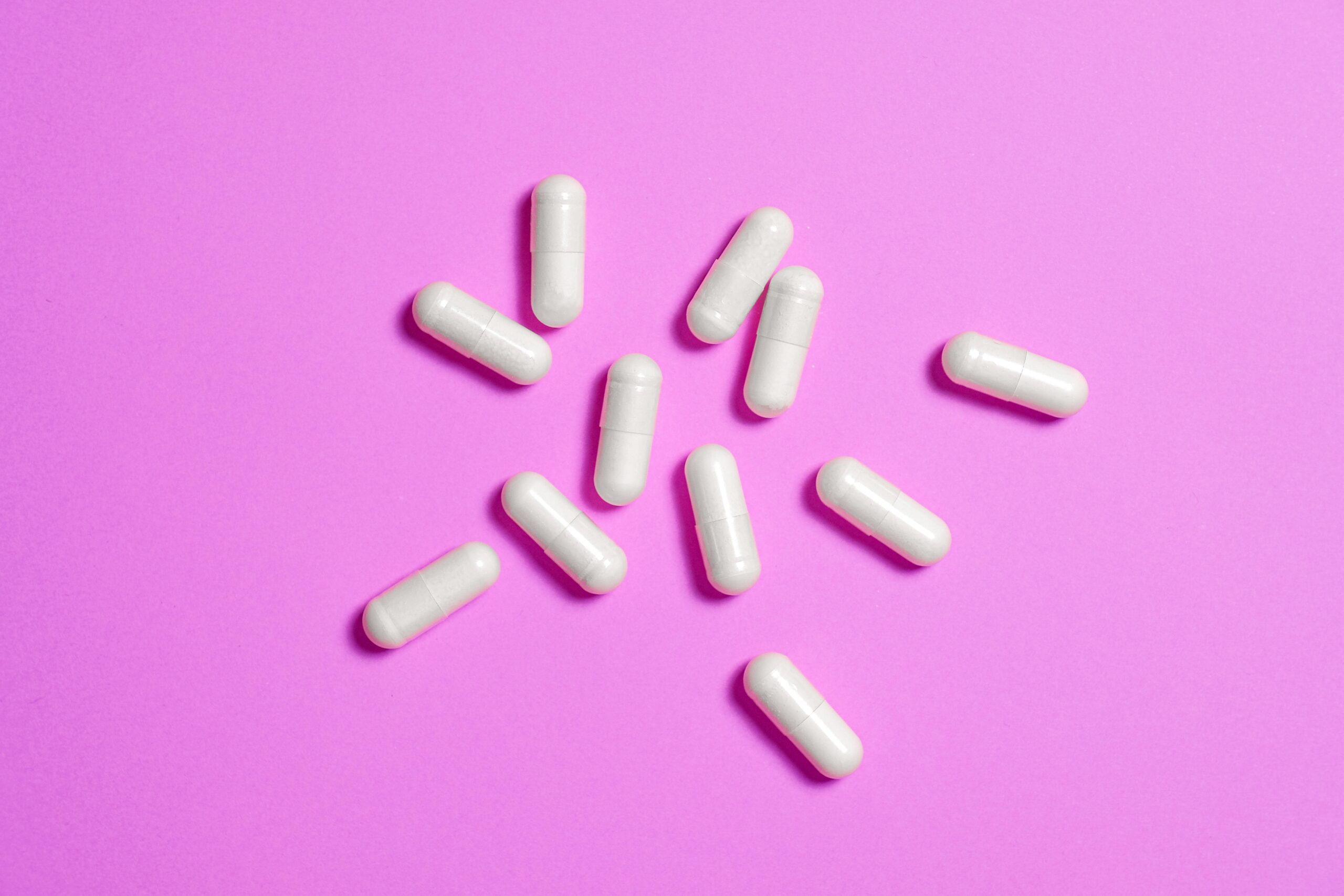Medicinal plants have been used to treat all sorts of ailments throughout the years. But now, researchers from the University of California, Irvine have unlocked the benefits of one particular plant — to treat diabetes. The team reports that an extract from the roots of the Rhodiola rosea plant helps manage Type 2 diabetes.
The plant lowered fasting blood sugar levels, improved response to insulin injections, modulated the composition of bacteria in the gastrointestinal tract and decreased several inflammation biomarkers.
“The prevalence of Type 2 diabetes and the associated health costs have risen steadily in recent decades. Humans have used plants and natural products for thousands of years to treat diseases, and our study shows Rhodiola rosea is a good candidate for further investigation,” says corresponding author Dr. Mahtab Jafari, professor of pharmaceutical sciences at the University of California, Irvine, in a university release. “Current treatment recommendations include lifestyle changes as well as oral and intravenous medications. However, these drugs have significant limitations or side effects, increasing the need for new therapeutic interventions.”
For the study, researchers used a mouse model of human Type 2 diabetes. To examine whether the plant could improve glucose homeostasis, the team genetically engineered the model to develop obesity, insulin resistance and high blood sugar. The mice were then assigned to separate groups — a control group which received water or an experimental group that was given the Rhodiola rosea extract.
“Our findings suggest that Rhodiola rosea might be beneficial for treating Type 2 diabetes, acting through changes in the microbiome that result in increased gut barrier integrity and decreased translocation of inflammatory molecules into the blood circulation,” explains Dr. Jafari. “Gut barrier integrity influences body weight and insulin response, and this botanical product may improve the responses of liver and muscle tissues to insulin produced by the pancreas.”
Researchers plan a larger follow-up study in a different mouse model of obesity-induced diabetes to confirm their findings. They also want to analyze the molecular mechanisms involved. In the end, the team wants to conduct clinical trials of the plan in type 2 diabetes patients.
“Our research presents a solid case for the importance of conducting high-quality pre-clinical studies based on sound methodologies to evaluate the efficacy of standardized plant extracts,” notes Dr. Jafari. “We have set the stage for human clinical studies, with the ultimate goal of improving health outcomes for Type 2 diabetes patients.”
The Rhodiola rosea, which is known as the “Arctic root” or the “golden root,” grows in cold regions in Europe and Asia. The plant has also been used to help manage depression, anxiety and other mental health conditions.
The study is published in the journal Scientific Reports.












